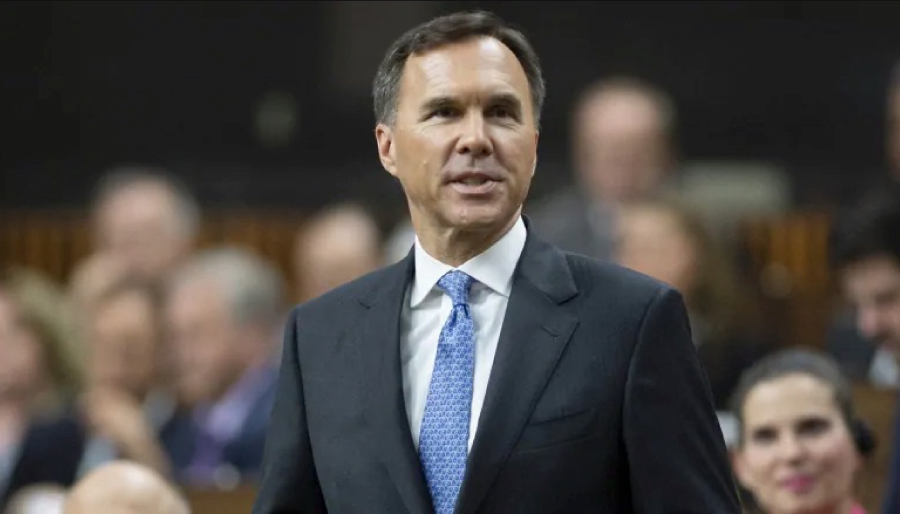The Canadian Association for Long Term Care (CALTC) responds to Budget 2019
Yesterday Finance Minister, Bill Morneau, tabled the 2019 Federal Budget. As the Liberals head into an election in October this budget serves as the unofficial start to the 2019 campaign season and – while it offers no plan to return to surplus as was promised four years ago – it does reveal the newest priorities of the Federal Government.
Analysis
The most high-profile pieces of the Budget include national pharmacare, making home-ownership more affordable for first-time home buyers, job retraining through the creation of a new Canada Training Benefit, lowering interest rates on student loans, supports for low-income seniors, support for municipalities’ local infrastructure projects, increasing access to high speed internet, lowering energy costs, and advancing the reconciliation agenda with Indigenous Canadians. In short – there is a little something for everyone except the tens of thousands of seniors living in a long-term care setting.
The Budget does focus on seniors but does not highlight any long-term care spending. Once again, CALTC is disappointed to see that the Federal Government is not making critical investments in this key area of seniors’ care. While many publicly funded care homes across Canada are in desperate need of repair and replacement, these shovel-ready housing projects continue to remain off limits to accessing national infrastructure funding.
Seniors living in a long-term care setting were left out of the home and community care investment, were excluded from the recently announced foreign caregiver immigration pilots, and now have been left out of the 2019 Budget.
Investments in Seniors
Seniors do play a key role in this budget, the most significant of which includes an enhancement to the Guaranteed Income Supplement (GIS) earnings exemption. This exemption allows seniors who stay in the workforce to keep more of their income.
Other investments for seniors are largely focused on retirement and pension challenges. These include changes to the Canadian Pension Plan (CPP) enrollment policies and new measures to enhance the security of workplace pensions in the event of corporate insolvency.
What about Seniors’ Health Care?
The core piece of the Budget that is related to seniors’ health care is an investment of $50 million in the creation of Canada’s first National Dementia Strategy. CALTC is pleased to see that the Federal Government is making the necessary investments in this area ahead of the official release of its National Dementia Strategy which is expected later this year.
Other pieces include a commitment to increasing access to assisted living and long-term care in Indigenous communities.
What about long-term care?
CALTC is disappointed that this Budget does not include any significant or meaningful investments for seniors living in long-term care. While the Budget was intended to have a focus on seniors, once again the Federal Government has missed an opportunity to address the aging crisis head on by making critical investments in housing for seniors receiving long-term care.
CALTC will continue to push the Federal Government to make meaningful investments in health human resources and seniors housing in the lead-up to the federal election.
What does this mean for Canada’s long-term care providers?
Seniors can, on the whole, expect to win in this 2019 Federal Budget and the Budget itself seeks to make ‘health care’ an election issue. This means there is ample opportunity for long-term care to be included in the 2019 platforms of every party, which is CALTC’s goal moving forward.
Read the complete budget here and the Department of Finance’s press release here. Feature image courtesy of CBC.




